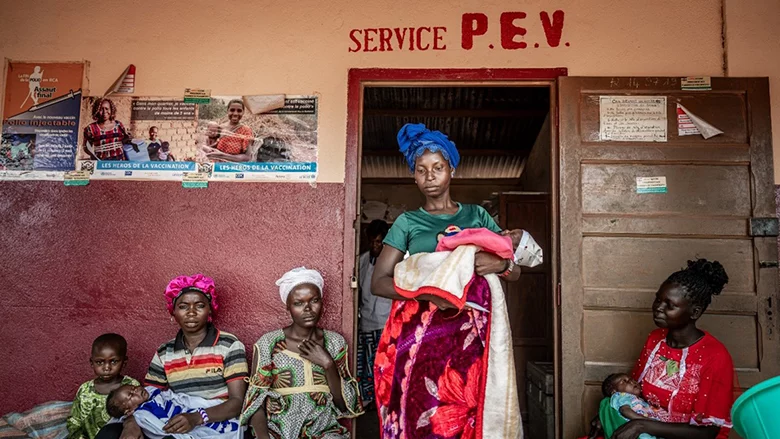The Central African Republic and the World Bank are linked by a partnership whose symbol is perhaps the Sibut district hospital. Despite the stigma of the violence that has marked CAR’s history over the past two decades, the health infrastructure has taken on a new look.
The capital of the Kémo prefecture, Sibut is more than four hours’ drive from the capital of the Central African Republic, and plays a major role in regional connectivity.
The progress made by the Sibut district hospital illustrates the effectiveness of the partnership between the Central African Republic and the World Bank in the health sector. It is today crystallizes around the project to support and strengthen the healthcare system and service delivery (SENI-Plus)which aims to increase the use of quality essential health services, particularly for women and children, and to protect essential social services for the CAR population, especially in rural areas.
SENI Plus is backed by a $95 million grant from the International Development Association (IDA), and additional funding from the Global Financing Facility for Women, Children and Youth (GFF), as well as from Swiss cooperation through the Multi-Donor Trust Fund.
Since the start of its implementation in 2022, SENI Plus has enabled the recruitment and retention of 300 qualified health workers to operate more than 500 health centers, including 15 district hospitals. Nearly 475,000 women and children have received essential health services, and over 101,000 have been fully vaccinated between October 2022 and May 2024.


